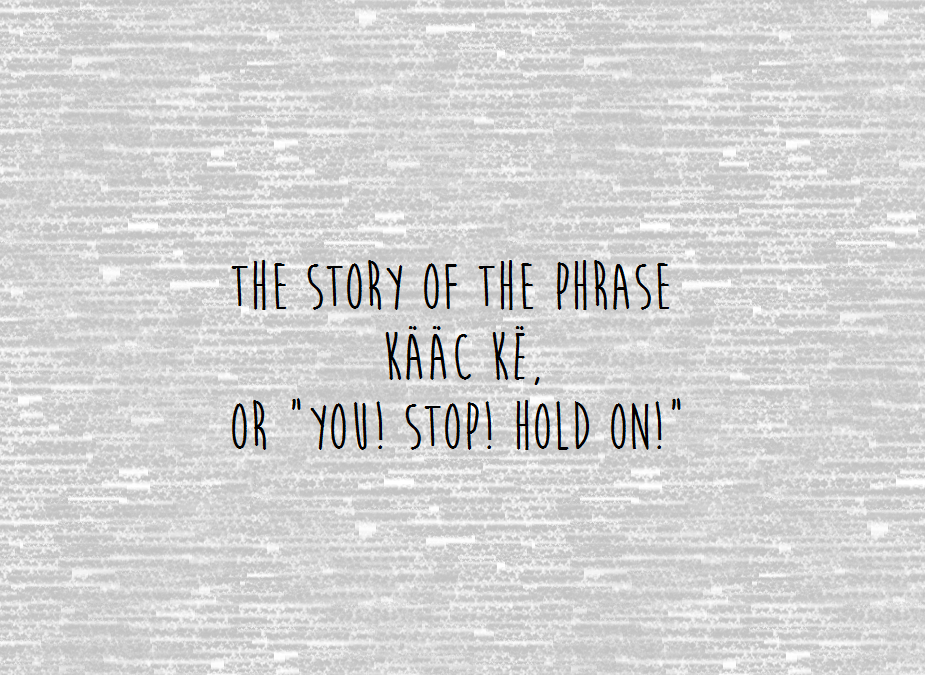
The Story of the phrase, “kaac ke,” or “You! Stop! Hold on!”
The story of the phrase kääc kë, or "You! Stop! Hold on!"
Storytelling Session Details
Storyteller: Malou Ater
Date: 2015
Note: this recording was made for the course African Literature taught by Dr. Rebecca Lorins in the Department of English Languag and Literature, College of Arts and Humanities at the University of Juba
Once upon the time, there was a great battle; people and communities were killing themselves in great numbers.
In one of the battles, several fighters died and were left lying on the battlefield because the number of bodies grew too great to be buried.
Two hours later, the black vulture arrived and feasted on the carrion. Eventually, the flesh eater was satisfied and grew tired, But the bodies were still piling up in great numbers, and the carnivorous bird became confused and voiced a series of questions about the existence and meaning of the phrase “kääc kë,” or “You! stop! Hold on!” in the language of the fighters.
Among the dead was one wounded fighter who nevertheless clung to life. He heard with surprise the statement from the black vulture who was questioning the existence of a phrase that seemed to him to be from his community.
Fortunately, when the boys came searching for their calves a short while later, their eyes caught up with the wounded man lying down in the middle of the bodies. They ran back to the cattle camp and alerted the elders about the living man lying amongst the dead. Youths ran to the vicinity and carried the man to the camp.
After the carrion eater satisfied himself among the bodies, he paused and asked, ‘Those who subject themselves to this level of killing, don’t they know the phrase kääc kë or ‘You! stop! Hold on!’ in their language?
When he was brought to the camp, the wounded man called on all the cattle camp’s elders to gather so he could deliver a strange statement he heard from the black vulture.
All people were called and he told them this: “While the black vulture was feeding on the carrion, it spoke some words and I heard them, and I wanted to share this with you before I die.” He went on narrating, “After the carrion eater satisfied himself among the bodies, he paused and asked, “Those who subject themselves to this level of killing, don’t they know the phrase “kääckë”, or “You! stop! Hold on!” in their language?”
Reflections:
1) The vulture cautions against acting without thinking. Discuss the importance of reflection in everyday life.
2) The vulture points out a phrase that has the power to halt the indiscriminate killing. Do you have words or phrases that also point to moderation in your language?
3) Language can insult or harm, but it can also build bridges. What are the different ways language can serve as a resource for peacebuilding?
Folktales Collected in Renk
Folktales Collected in Pibor
Folktales Collected in Bentiu
Folktales Collected in UNMISS PoC site, Juba
Explore the full archive

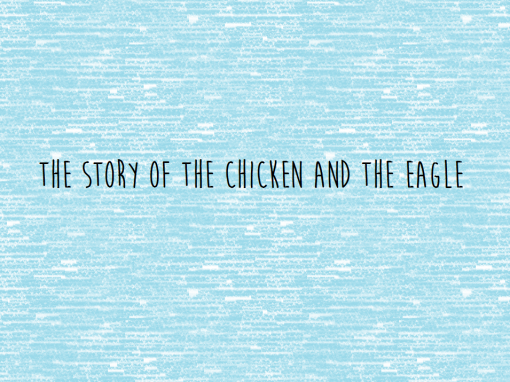
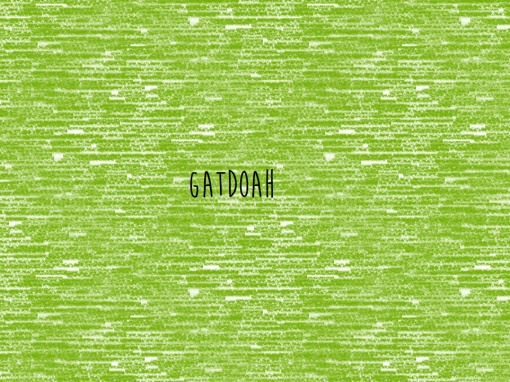

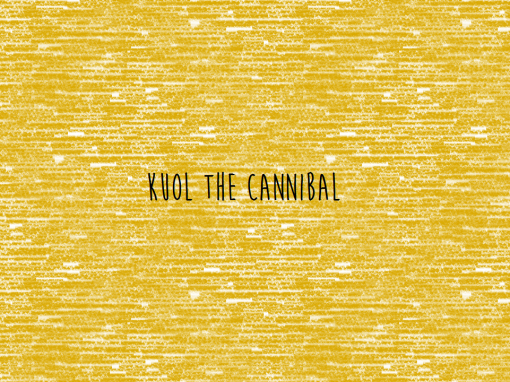
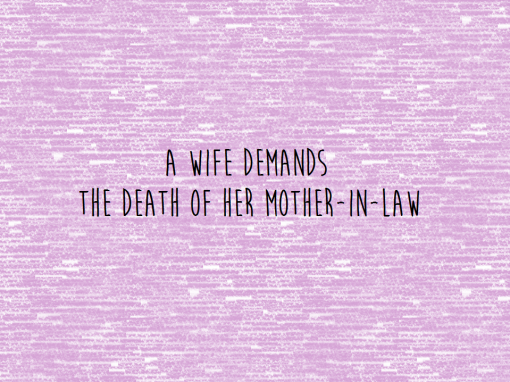


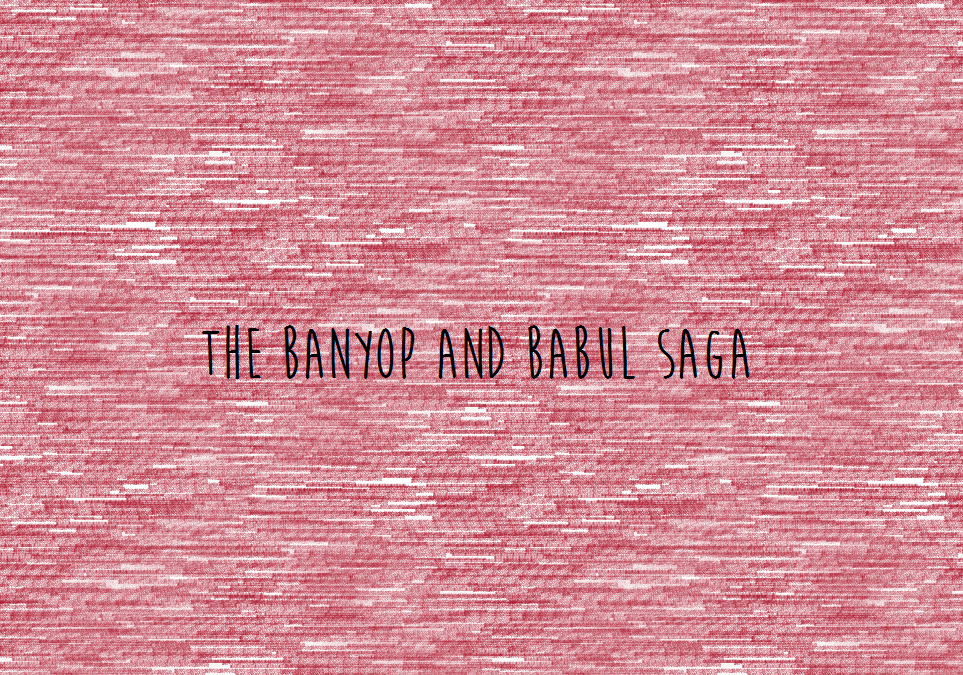
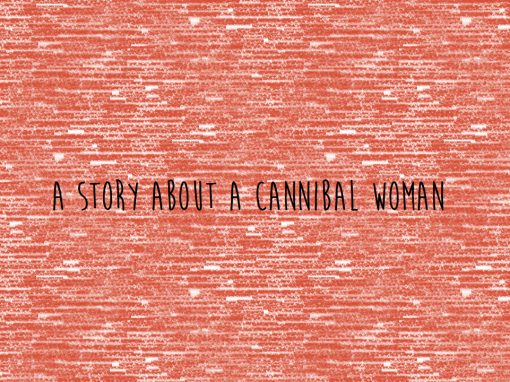
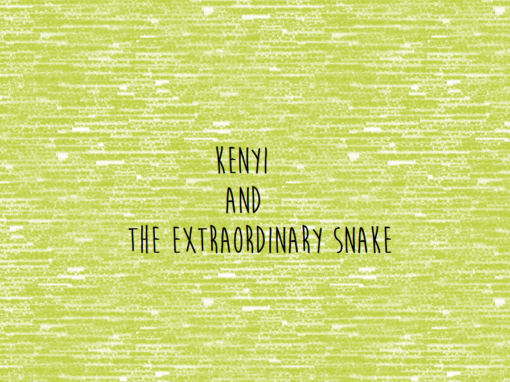
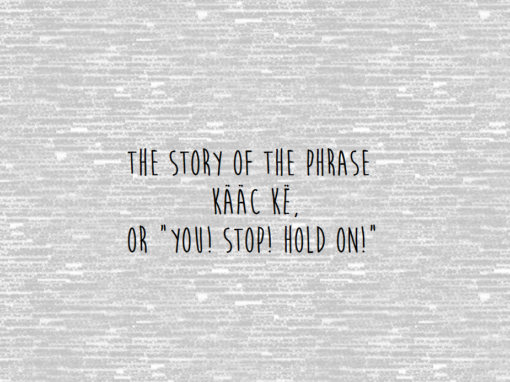
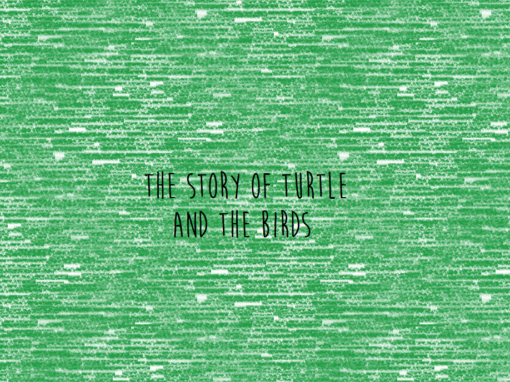
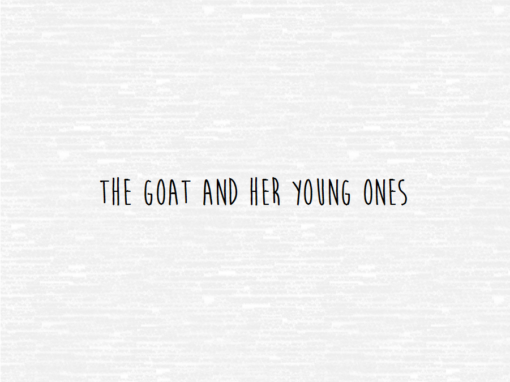
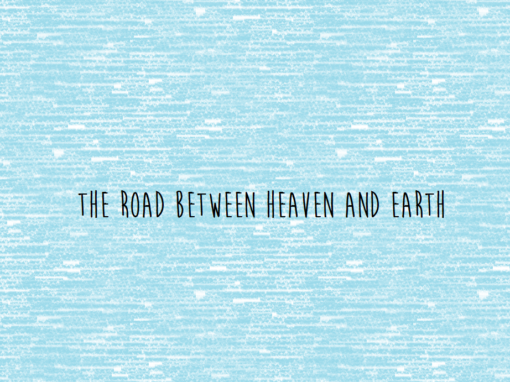
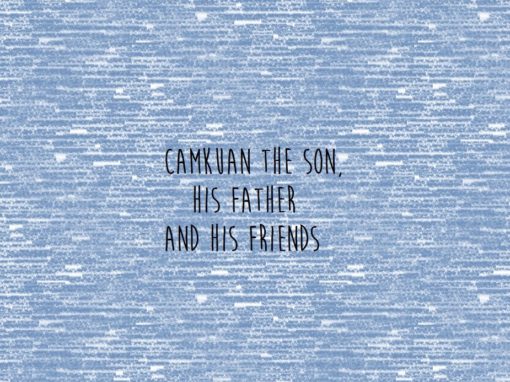
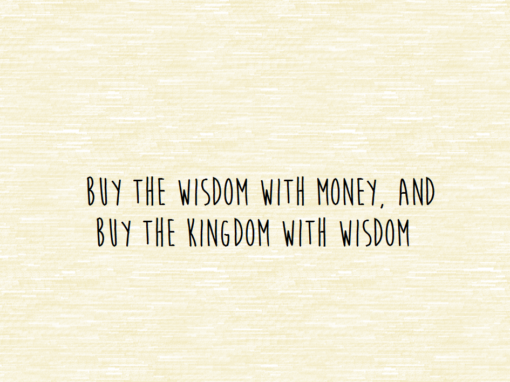
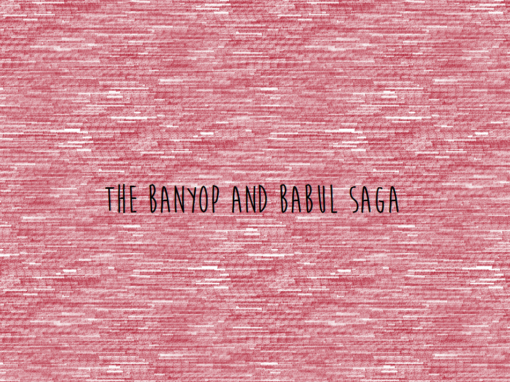
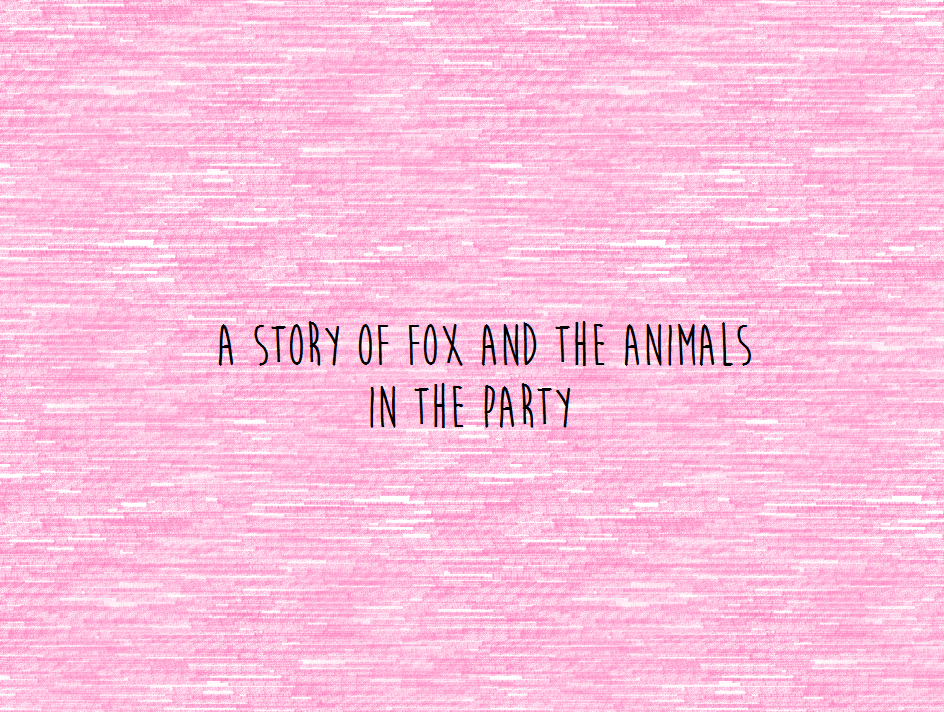
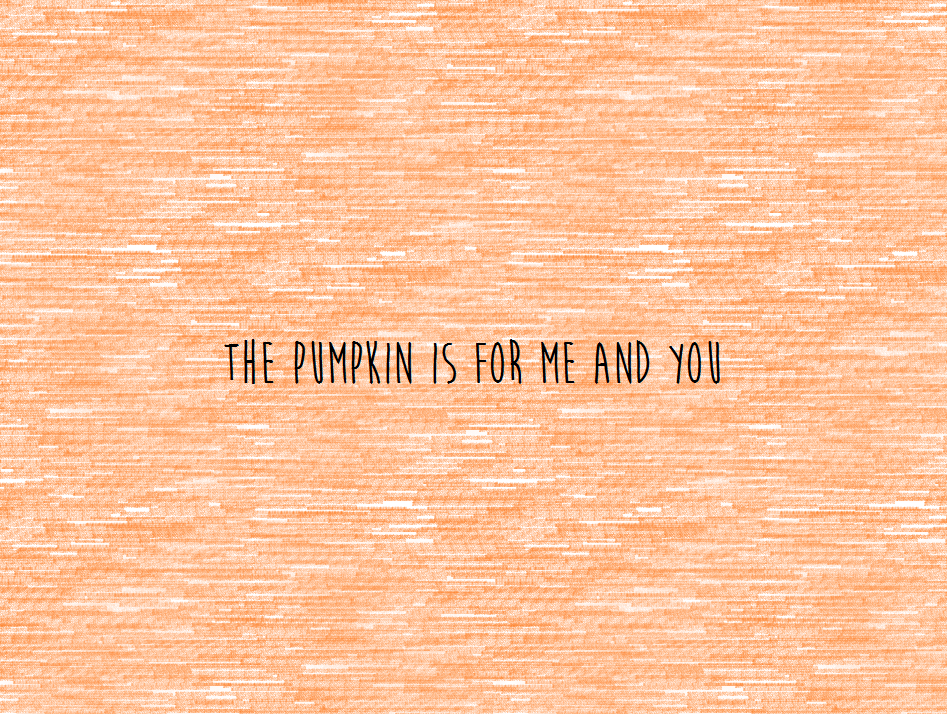
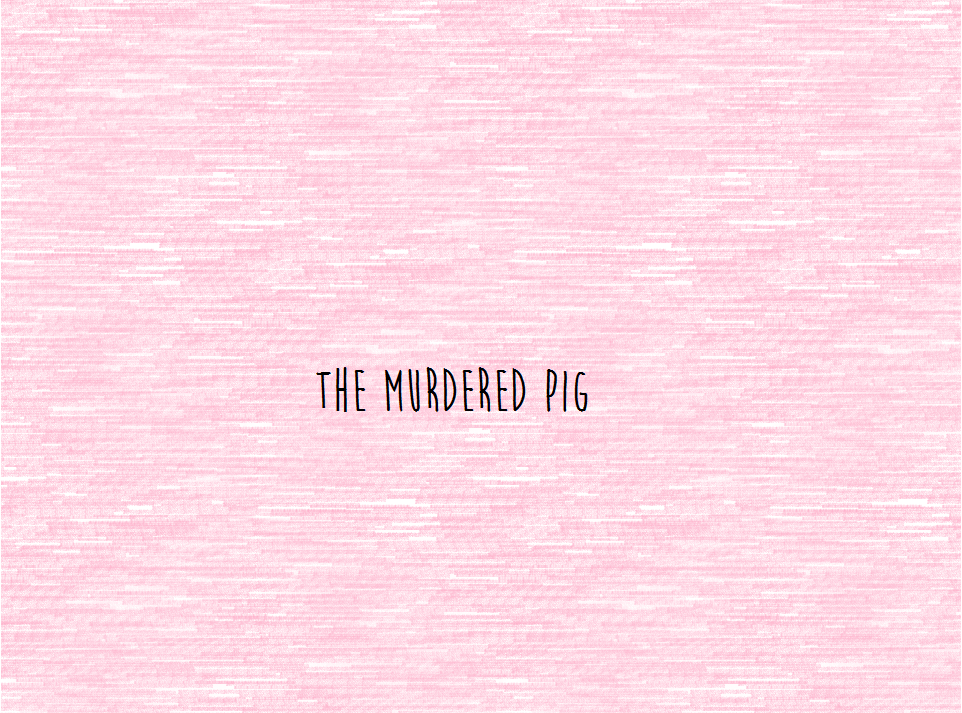
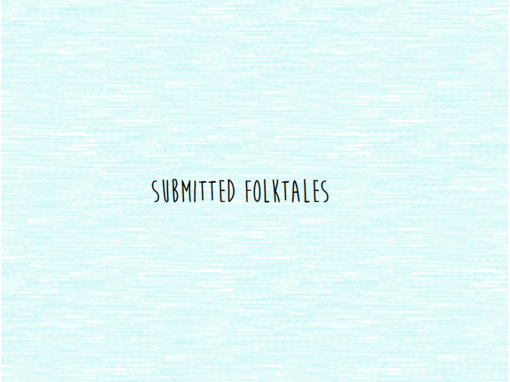
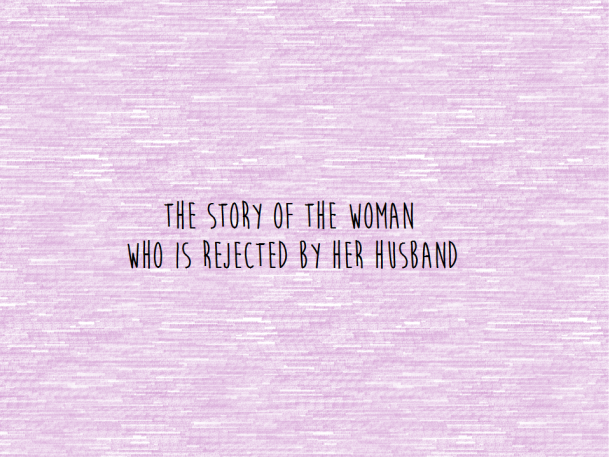
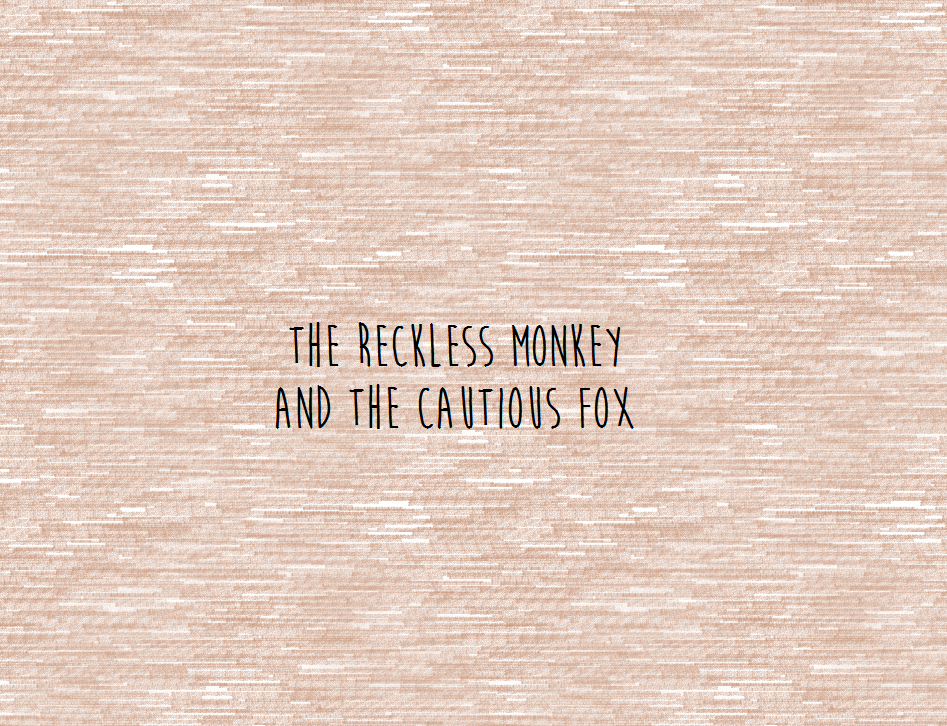
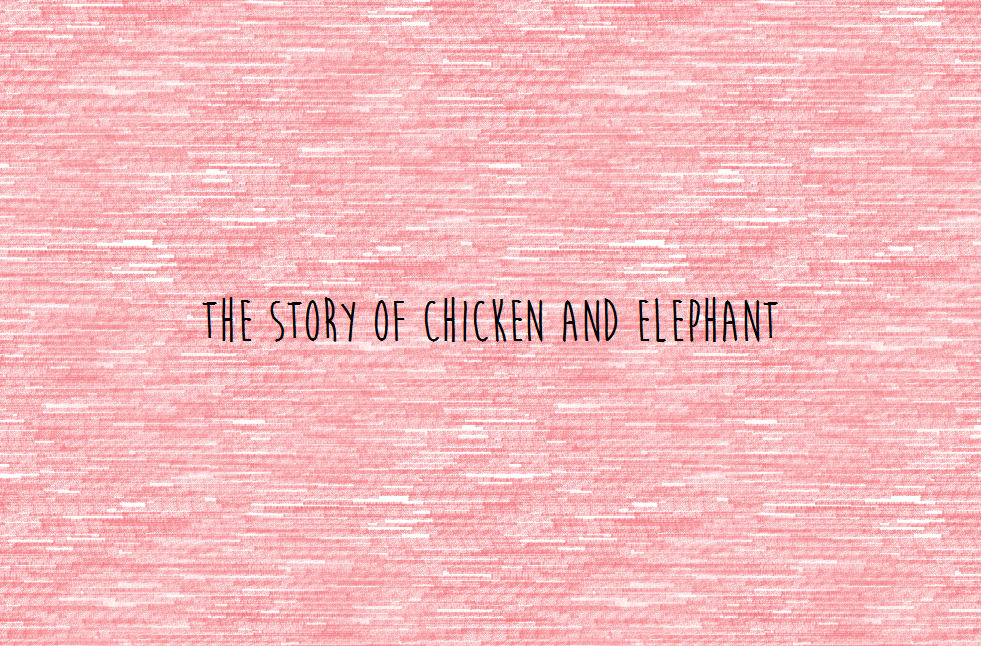
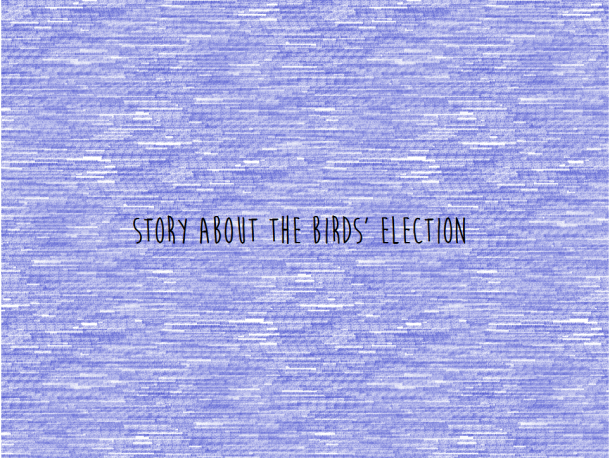
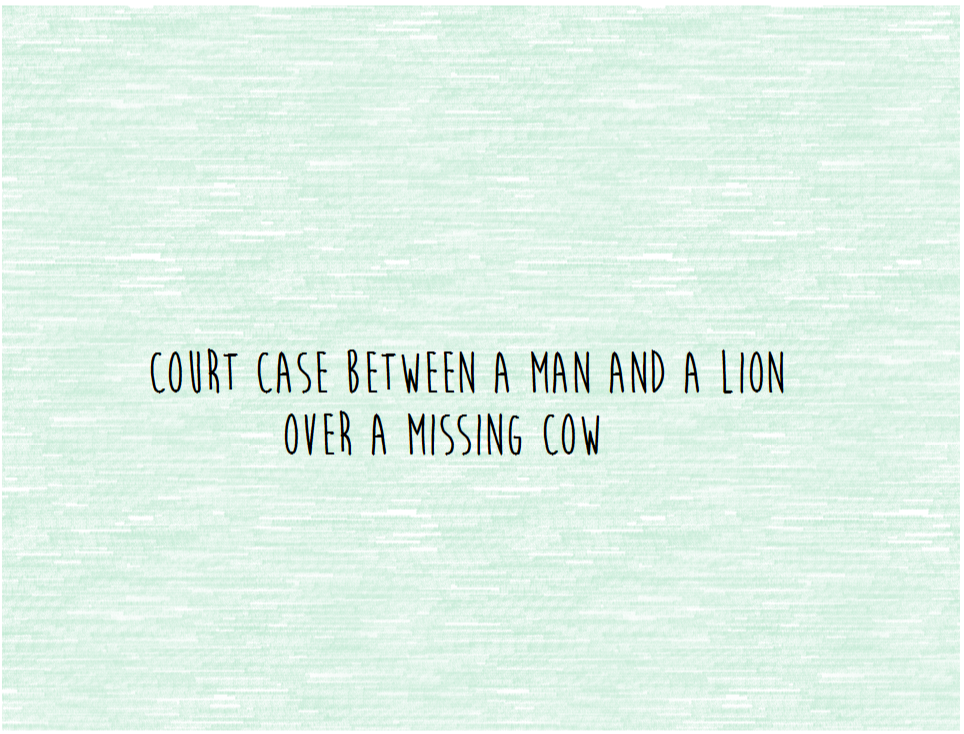
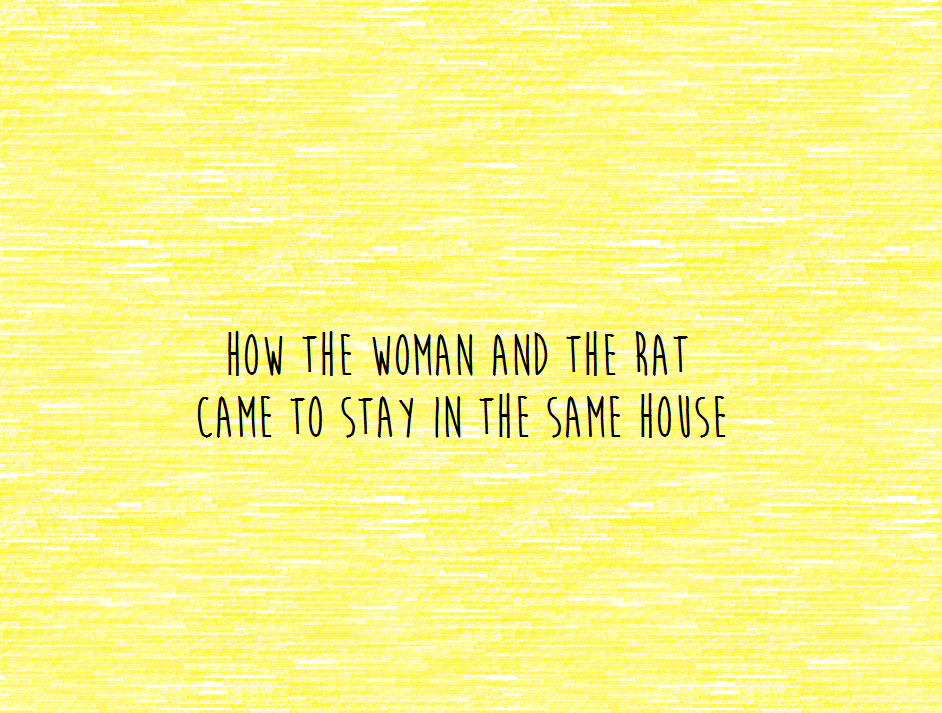
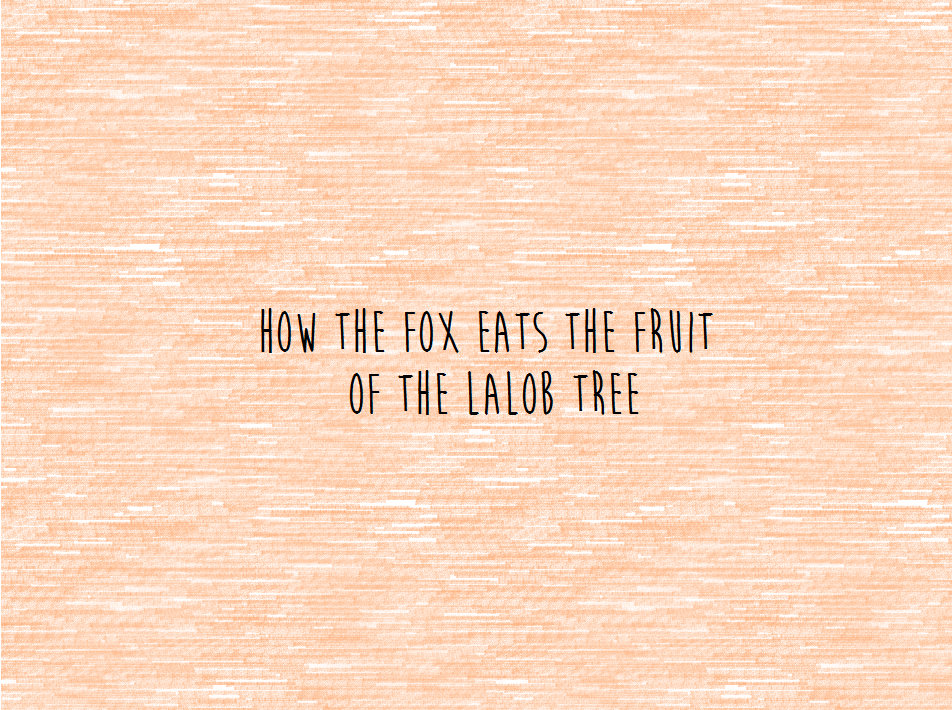
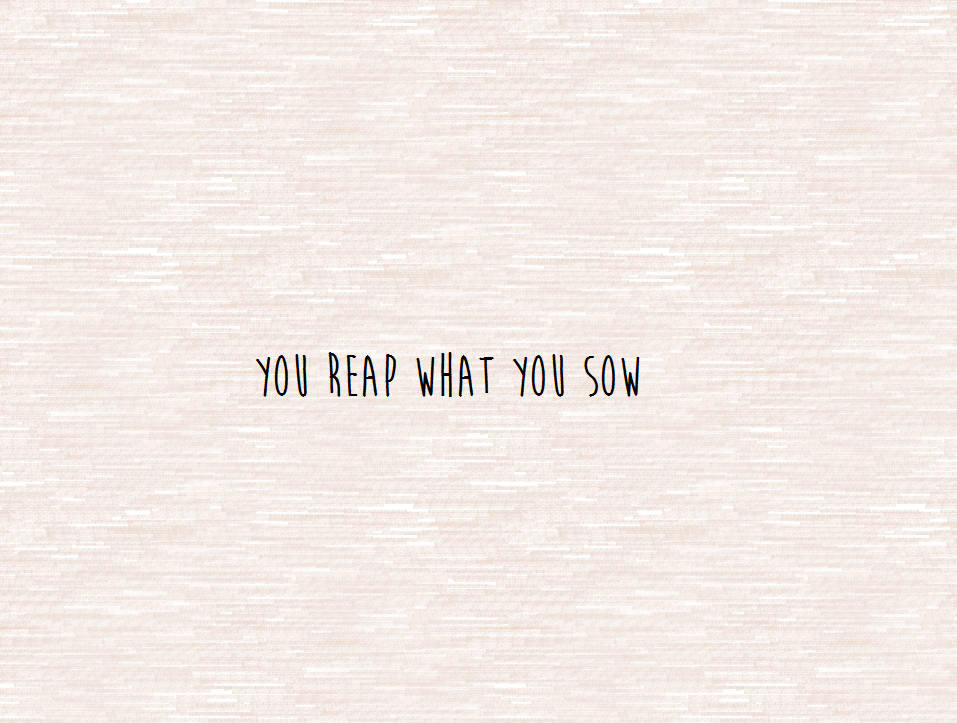
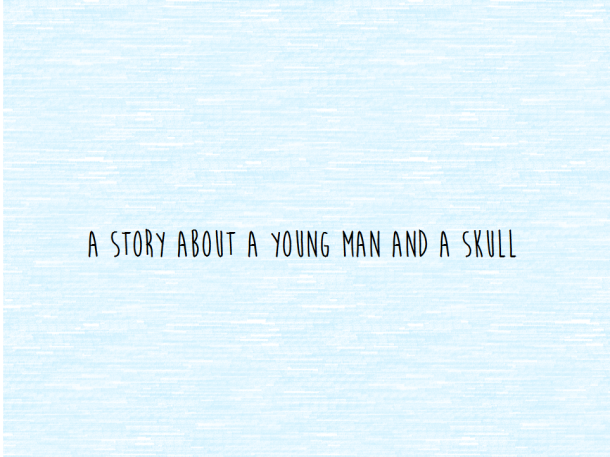
Recent Comments